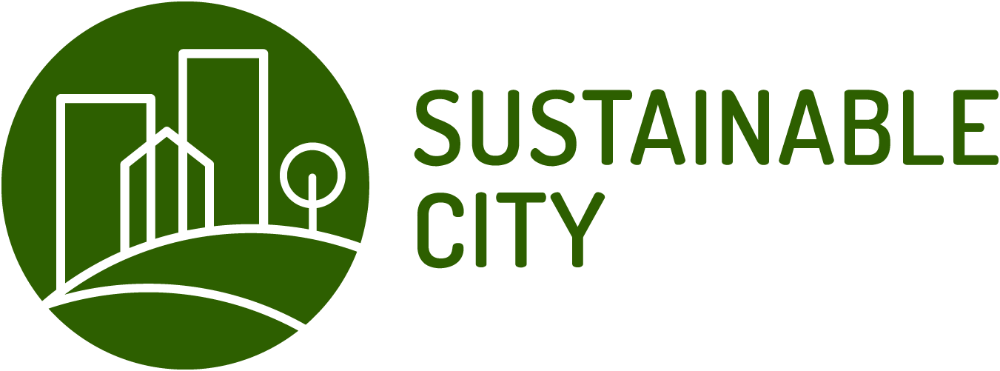Cities solve sustainability challenges related to urban green spaces, urban planning and wellbeing
Sixteen Finnish municipalities are taking part in in the work on challenge clusters under the Sustainable City Programme. The aim is to tackle the most difficult sustainability challenges that cannot be solved by individual organisations or sectors alone. The three themes selected on the basis of the needs of cities are: urban green spaces in increasingly built-up cities, urban planning that takes sustainability targets into account, and flourishing communities in socially sustainable cities. The themes are particularly challenging as they combine the different dimensions of sustainability.
The work on challenge clusters aims to produce peer learning, new ways of doing things and the kind of concrete development actions that the cities need right now. The aims is also to strengthen cooperation within and between cities and between cities and the State. Solutions are being sought that would promote a more comprehensive sustainability transformation in society.
Kuopio participates in the work on thriving communities in socially sustainable cities. “We decided to get involved to find support and new practical solutions through resident activities and participation. The first joint workshop already showed that we and the other participants have a lot to learn from each other,” says Sirpa Lätti-Hyvönen, Director of Strategic Affairs of the City of Kuopio.
So far, the three groups have identified the challenges to be addressed in the work. Now they will focus on finding solutions, and the results are expected in November 2023.
Urban green spaces in increasingly built-up cities
There is great demand for green spaces in the increasingly built-up urban areas, and even small green spaces are used a lot. The perspectives on why urban nature is important include health, amenities and wellbeing. However, this appreciation is not always reflected in practical solutions, and urban nature is diminishing because of construction. Nature areas are fragmented and biodiversity is not always taken into account. To tackle these challenges we need strong cooperation, a solid knowledge base, common strategies and an adequate set of tools for the needs of different kinds of cities.
Challenges related to urban green spaces are being solved in nine municipalities: Helsinki, Iisalmi, Järvenpää, Kemi, Lahti, Raseborg, Turku, Vantaa, Ylöjärvi. The work is facilitated by the Finnish Environment Institute.
Urban planning that takes sustainability targets into account
The group that works on urban planning wishes to enhance the capability of planning to take sustainability into account. Among the key challenges that have been identified are the inherent idea of growth and the ways of thought and action in urban construction that have become an established practice over the past decades. With this work, solutions are sought for using the means already available more effectively. The cities involved are interested e.g. in the creative use of urban spaces and resource-smart utilisation of the existing building stock.
The cities working on urban planning are Espoo, Helsinki, Kemi, Karkkila, Oulu and Turku. The facilitator for this challenge cluster is Demos Helsinki in cooperation with MDI Public and Green Building Council Finland FIGBC.
Flourishing communities in socially sustainable cities
While there are already lots of good examples and operating models for strengthening the participation of municipal residents, the fundamental question who should lead the work on wellbeing is still a major challenge. The impact of the work done suffers from the short-term and fragmented approach to participation and lack of systematic planning in the entire city organisation. In particular, a major cultural change in urban planning is needed to make the voice of children and young people heard.
The cities that aim to change the ways of thought and action related to participation are Imatra, Jyväskylä, Lahti, Karkkila and Kuopio. One of the processes by which they are united is the work done under the Child Friendly Cities Initiative. This challenge cluster is facilitated by MDI Public in cooperation with Demos Helsinki and Finnish Institute for Health and Welfare.
The Sustainable City Programme coordinated by the Ministry of the Environment aims for solutions that are socially and environmentally sustainable at the same time. So far about 90 cities and municipalities and 70 other organisations have participated in the projects and coaching activities.
Inquiries
Virve Hokkanen
Programme Manager
Sustainable City Programme
Ministry of the Environment
[email protected]
tel. +358 295 250 034
Iina Heikkilä
Specialist
Sustainable City Programme
Ministry of the Environment
[email protected]
p. +358 295 250 448
Leaders of the challenge clusters
Henna Malinen
Researcher
Finnish Environment Institute
[email protected]
tel. +358 295 251 234
Kaisa Schmidt-Thomé
Senior Expert, Demos Helsinki
[email protected]
tel. +358 40 070 8178
Kaisa Lähteenmäki-Smith
Lead Specialist
MDI
[email protected]
tel. +358 50 513 4810



